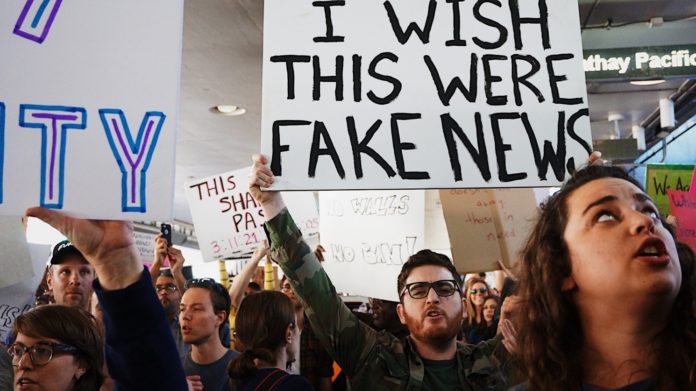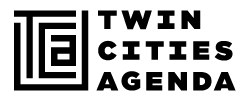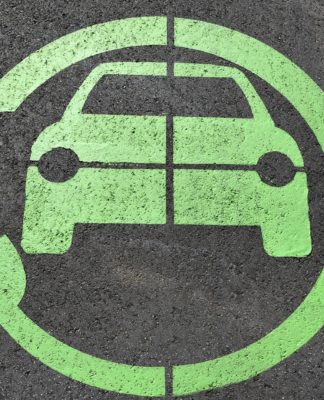
The internet has made information accessible to almost everyone. We now turn to social media to get our news, as platforms like Twitter and Facebook are often the quickest way to get information when tragedy strikes. These platforms can also seem more real and honest, without the bias and agenda of major news outlets.
But the rapid influx of (mis)information can also quickly run amok.
In 2016, we are all citizen journalists when we post something online. We have the ability to send and receive information quicker than ever, and while this is not inherently a bad thing, we have to hold ourselves accountable. We have to hold ourselves to the same standards of integrity and accuracy that we demand from our sources.
When tragedy strikes, it’s important to put aside preconceived notions and look at the situation objectively to avoid jumping to conclusions.
Avoid the internet bandwagon
It’s far too easy to latch onto virulent posts and rants and opinions you agree with online.
Emotions run high, especially when it’s a situation that’s personal, unjust, unaddressed, or simply wrong. And social media can offer a voice to those who might not normally have one. Or, more than that, it can give us information we can’t get elsewhere. In the heartbreaking case of Castile, for example, social media was the only way to cry for help (read more about that in the Wired article: For Philando Castile, Social Media Was The Only 911). Far too often does mainstream media ignore those with strong facts and important points of view, and social media is the only outlet we have.
But we have to be responsible about what we post, and from where we are getting our information.
It is our right to post our feelings, our opinions, and (most importantly) the information we have on news events as they break. We certainly don’t need to wait for cable news to tell us what to think. But we must be responsible with the way we add our voice, and what we’re actually bringing to the discussion.
We must prevent the spread of false information.
Much of the information you get is faulty
It’s hard to know whether what you’re seeing online is real or fake. And it’s much easier just to repeat what you agree with knee-jerk without taking the time to find the actual truth – There often isn’t even enough information available to make an informed decision.
Fact-checking is crucial.
There might not seem to be time to fact-check your sources and information, especially if events are unfolding in real time. But taking that time to make sure the information you’re sharing, retweeting, posting anywhere is the only way to ensure you’re not making the situation worse.
Resist the urge to be first, and choose instead to be correct.
Also, run photos, which are often the most misleading form of media, through a reverse-image search.
Far too often photos from past events are used to stir up current events, or photos are faked or photoshopped, or shared without context. These photos only add fuel to the fire, and do nothing to help an already volatile situation. If you’re on the ground, Veracity is a great mobile app that will help you to determine the authenticity of photos being released. There is no program better than Tin Eye if you’re sitting at your computer, and KarmaDecay is reliable for photos found strictly on Reddit.
Check everything: You don’t want to be the one perpetuating internet lies.
And you won’t always be right
Messages can easily be distorted as they travel through the various internet channels on their way to you. Even if your source is reliable, you might only be getting part of the story, or you might not know what came before or after what you have in front of you. Our human imaginations run wild, and we are quick to fill in the blanks when we don’t have all the information.
It’s happened before: 3 Times Social Media Perpetuated False Crimes
Before you send what you’ve learned back out into the world, stop and ask yourself what good it will do. Ask yourself if you’re just looking for attention and “likes,” or looking to benefit those who will see it; those who trust you and who might look to your post to better understand what’s going on in a tumultuous, ever-changing world.
Read next: You’re an @sshole: Being “right” in the digital age
















